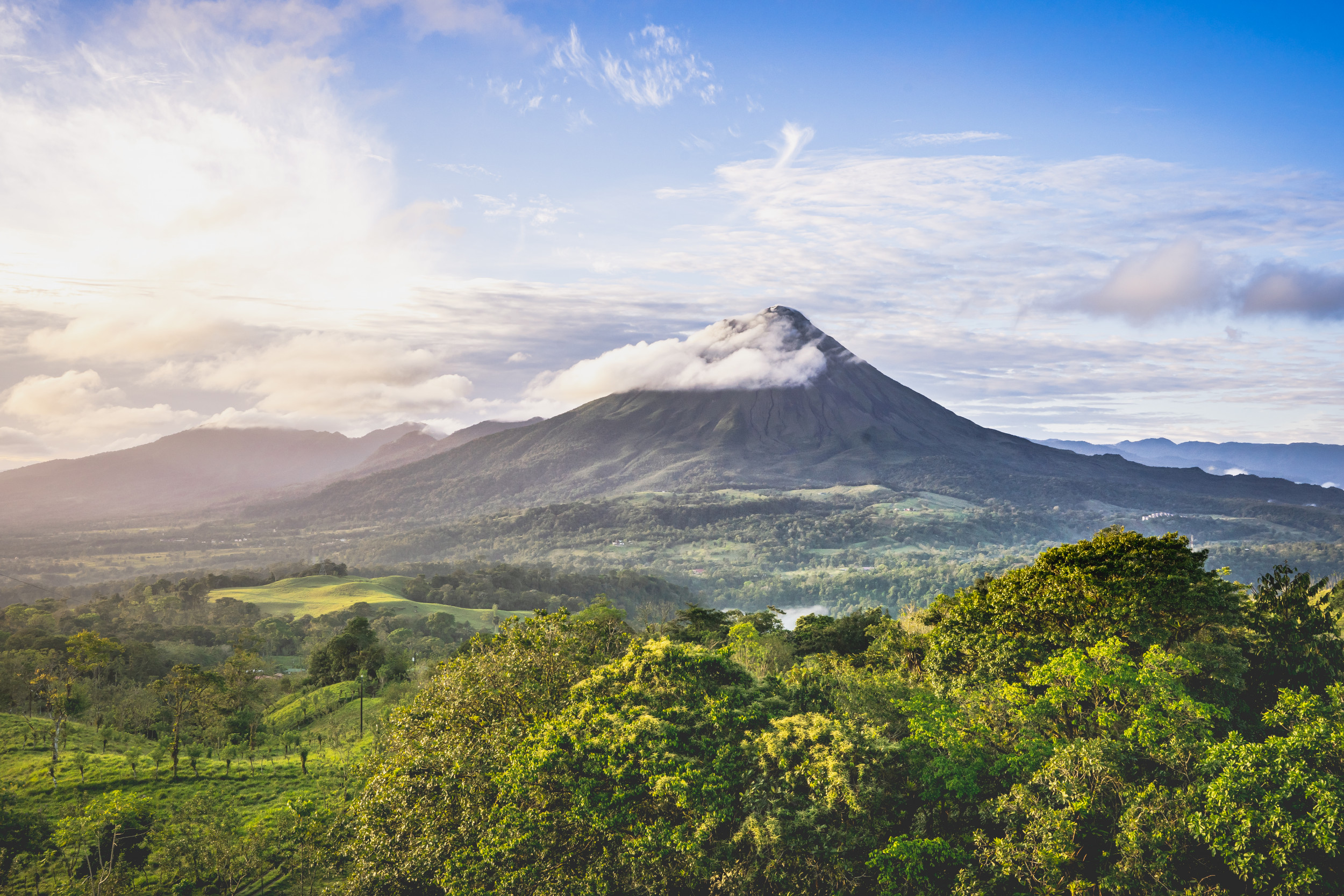Paul Steinberg | Source | Professor of Political Science and Environmental Policy at Harvey Mudd College

Paul Steinberg
Paul Steinberg is Professor of Political Science and Environmental Policy at Harvey Mudd College, where he teaches about the different ways different countries address climate change and environmental policy. He is the author of three books: Who Rules the Earth? (Oxford University Press), Comparative Environmental Politics (MIT Press) and Environmental Leadership in Developing Countries (MIT Press), which won the International Studies Association’s Harold and Margaret Sprout Award for the best book in international environmental affairs. He has held academic posts at the Nicholas School of the Environment at Duke University and at the School of Advanced International Studies at Johns Hopkins. He has also worked in applied positions with the Natural Resources Defense Council, Conservation International, The World Bank, RARE, Pesticide Action Network, and the US Peace Corps. He serves on the editorial board for the journal Global Environmental Politics.
-

Harvey Mudd College (https://www.hmc.edu/)
Professor of Political Science and Environmental Policy
-
The secret to saving the world: How ordinary people actually can prevent global disaster
"Sometimes the most powerful changes are well within the reach of ordinary citizens," says Paul Steinberg
Article -
The World's Most Eco-Friendly Countries (and What They're Doing Right)
Which countries are leading the way when it comes to the challenges of tackling climate change, living sustainably and protecting the environment?
Article -
Opinion: California Shouldn't Ban Recreational Biking to Fight Coronavirus
Some European nations have banned recreational cycling. From a public health standpoint, this is a bad idea and should not be emulated by California.
Article
-
It's heartening to see that USDA has included wildlife habitat among its measures of success. We can't solve the climate problem without tackling the biodiversity problem. Species are under stress and will become more so in a warming climate. Measures like protecting wetland habitat near agricultural areas, increasing tree cover, and reducing pesticide exposure can help threatened species weather the coming storms.
We can't think about climate in isolation. It's worth recalling that fossil fuels were yesterday's solution to a problem. Today they are the problem. So let's make sure that today's solutions to climate change don't become tomorrow's problems. If we tackle climate change by planting fast-growing non-native trees, we will advance the climate agenda while hindering the biodiversity agenda.


